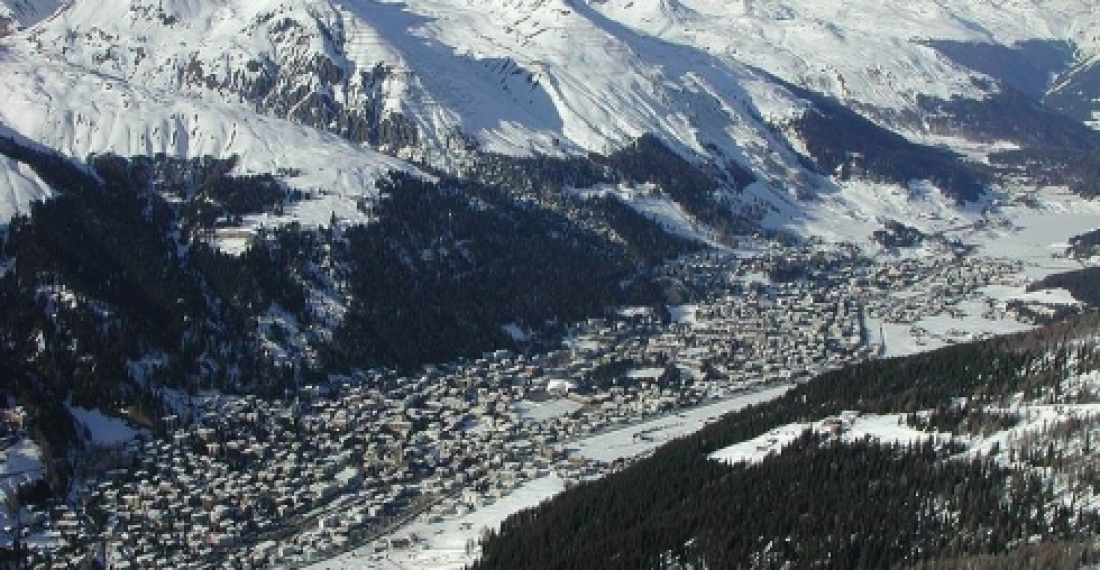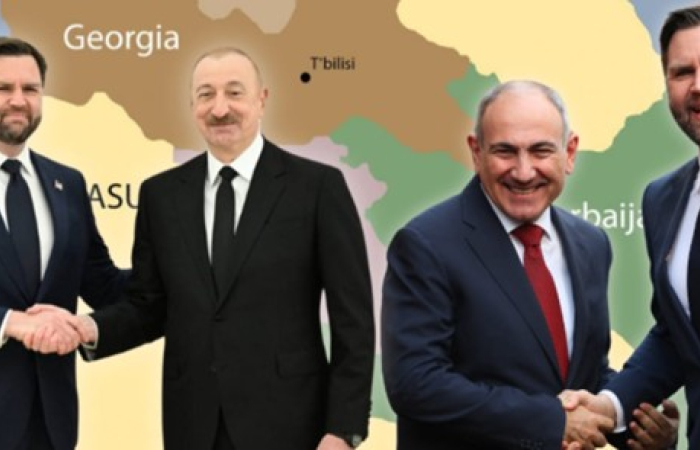Leaders and business leaders from Georgia and Azerbaijan are meeting their counterparts from around the world in the Swiss resort of Davos for the 2016 World Economic Forum.
Global elites have gathered in Davos since 1971. This year the focus will be on a potential global economic slowdown, with recent developments in China and emerging markets a particular cause for concern.
Taking part this year will be over 40 heads of state and government. Representatives of more than 100 countries are expected to be in Davos.
Azerbaijani president Ilham Aliyev is in attendance, along with the president of the State Oil Company of Azerbaijani Republic (SOCAR), and the CEO of the State Oil Fund of the Republic of Azerbaijan (SOFAZ).
Georgian prime minister Georgi Kvirikashvili is in Davos just three weeks after taking office, accompanied by foreign minister Mikheil Janelidze. George Bachiashvili, CEO of the Georgian Co-Investment Fund, is also in Switzerland.
President Aliyev met with Mohammaed Nahavandian, Iran’s presidential chief of staff, to discuss economic and cultural cooperation, with Aliyev expressing satisfaction at the recent implementation of the nuclear agreement between Iran and western countries.
Armenia will not be represented, for the fifth year running.
SOURCE: commonspace.eu
PHOTO: Davos







